All Courses
All Courses

Course • Geography • 4 lectures
Ecosystems and Biodiversity
Prof. Rob Marchant, York University 4 Lessons
4 Lessons
Ecosystems and Biodiversity
Prof. Rob MarchantYork University
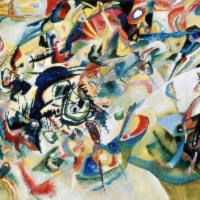
Course • Sociology • 4 lectures
Sociological Theory and Philosophies
Dr Nathan Kerrigan, Birmingham City University 4 Lessons
4 Lessons
Sociological Theory and Philosophies
Dr Nathan KerriganBirmingham City University
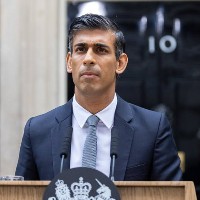
Course • Government & Politics • 8 lectures
Recent Events in UK Politics (February 2022 - February 2023)
Prof. Andrew Blick, King's College London 8 Lessons
8 Lessons
Recent Events in UK Politics (February 2022 - February 2023)
Prof. Andrew BlickKing's College London

Course • Government & Politics • 13 lectures
Interview with Vince Cable
Sir Vince Cable, UK Parliament 13 Lessons
13 Lessons
Interview with Vince Cable
Sir Vince CableUK Parliament

Course • Biology • 7 lectures
Evolution and Ecology
Prof. Adam Hart, University of Gloucestershire 7 Lessons
7 Lessons
Evolution and Ecology
Prof. Adam HartUniversity of Gloucestershire

Course • Government & Politics • 13 lectures
Interview with David Blunkett
Lord David Blunkett, UK Parliament 13 Lessons
13 Lessons
Interview with David Blunkett
Lord David BlunkettUK Parliament
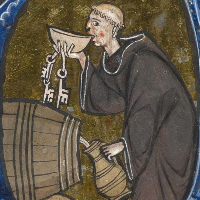
Course • History • 5 lectures
Britain - Monasticism, 598-1540
Dr Francis Young, University of Oxford 5 Lessons
5 Lessons
Britain - Monasticism, 598-1540
Dr Francis YoungUniversity of Oxford
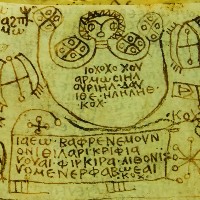
Course • Classics & Ancient History • 5 lectures
Cambridge Latin Anthology – Sagae Thessalae
Dr Regine May, Leeds University 5 Lessons
5 Lessons
Cambridge Latin Anthology – Sagae Thessalae
Dr Regine MayLeeds University

Course • English Language • 5 lectures
Language, Identity and Social Media
Dr Ruth Page, Birmingham University 5 Lessons
5 Lessons
Language, Identity and Social Media
Dr Ruth PageBirmingham University
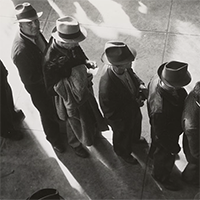
Course • Economics • 6 lectures
Macro – Unemployment
Dr Ramin Nassehi, UCL 6 Lessons
6 Lessons
Macro – Unemployment
Dr Ramin NassehiUCL
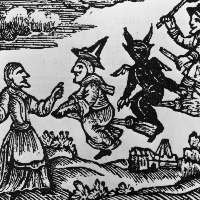
Course • History • 5 lectures
Witchcraft and Witch-Trials, 1470-1700
Dr Francis Young, University of Oxford 5 Lessons
5 Lessons
Witchcraft and Witch-Trials, 1470-1700
Dr Francis YoungUniversity of Oxford

Course • Economics • 5 lectures
Micro – Individual Economic Decision-Making
Dr Maija Halonen-Akatwijuka, Bristol University 5 Lessons
5 Lessons
Micro – Individual Economic Decision-Making
Dr Maija Halonen-AkatwijukaBristol University

Course • Chemistry • 5 lectures
Reaction Thermodynamics
Dr Nick Chatterton, Birkbeck College, London 5 Lessons
5 Lessons
Reaction Thermodynamics
Dr Nick ChattertonBirkbeck College, London

Course • Government & Politics • 6 lectures
The Human Rights Act
Prof. Merris Amos, QMUL 6 Lessons
6 Lessons
The Human Rights Act
Prof. Merris AmosQMUL
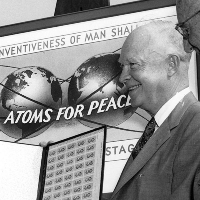
Course • History • 5 lectures
Cold War - Eisenhower, 1953-1961
Prof. Kenneth Osgood, Colorado School of Mines 5 Lessons
5 Lessons
Cold War - Eisenhower, 1953-1961
Prof. Kenneth OsgoodColorado School of Mines
.jpg)
Course • Mathematics • 8 lectures
Ratio, Proportion, and Rates of Change I – Edexcel GCSE (1MA1)
Dr Thomas Woolley, Cardiff University.jpg) 8 Lessons
8 Lessons
Ratio, Proportion, and Rates of Change I – Edexcel GCSE (1MA1)
Dr Thomas WoolleyCardiff University
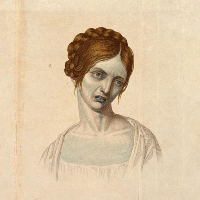
Course • History • 5 lectures
Medicine Through Time – John Snow and Cholera, 1813-58
Prof. Pamela Gilbert, University of Florida 5 Lessons
5 Lessons
Medicine Through Time – John Snow and Cholera, 1813-58
Prof. Pamela GilbertUniversity of Florida
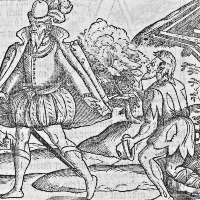
Course • History • 5 lectures
The Tudors – Poverty, 1485-1603
Dr Brodie Waddell, Birkbeck College, London 5 Lessons
5 Lessons
The Tudors – Poverty, 1485-1603
Dr Brodie WaddellBirkbeck College, London
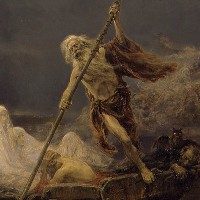
Course • Classics & Ancient History • 3 lectures
Virgil: Aeneid: Book 6
Prof. Llewelyn Morgan, University of Oxford 3 Lessons
3 Lessons
Virgil: Aeneid: Book 6
Prof. Llewelyn MorganUniversity of Oxford
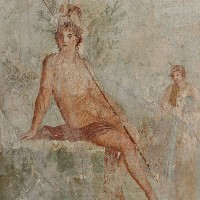
Course • Classics & Ancient History • 3 lectures
Cambridge Latin Anthology – Echo et Narcissus
Prof. Llewelyn Morgan, University of Oxford 3 Lessons
3 Lessons
Cambridge Latin Anthology – Echo et Narcissus
Prof. Llewelyn MorganUniversity of Oxford

Course • Economics • 8 lectures
Micro – Elasticity
Prof. Subhasish Chowdhury, Sheffield University 8 Lessons
8 Lessons
Micro – Elasticity
Prof. Subhasish ChowdhurySheffield University

Course • Mathematics • 4 lectures
Solving Inequalities – Edexcel GCSE (1MA1): Foundation Tier
Prof. Keith Ball, Warwick University 4 Lessons
4 Lessons
Solving Inequalities – Edexcel GCSE (1MA1): Foundation Tier
Prof. Keith BallWarwick University

Course • Economics • 6 lectures
Micro – Poverty and Inequality
Dr Paul Segal, King's College London 6 Lessons
6 Lessons
Micro – Poverty and Inequality
Dr Paul SegalKing's College London

Course • Mathematics • 7 lectures
Solving Inequalities – Edexcel GCSE (1MA1): Higher Tier
Prof. Keith Ball, Warwick University 7 Lessons
7 Lessons
Solving Inequalities – Edexcel GCSE (1MA1): Higher Tier
Prof. Keith BallWarwick University

Course • Mathematics • 8 lectures
Graphs III – Edexcel GCSE (1MA1): Higher Tier
Prof. Keith Ball, Warwick University 8 Lessons
8 Lessons
Graphs III – Edexcel GCSE (1MA1): Higher Tier
Prof. Keith BallWarwick University

Course • Economics • 5 lectures
Micro - Government Intervention in Markets
Dr Toke Aidt, University of Cambridge 5 Lessons
5 Lessons
Micro - Government Intervention in Markets
Dr Toke AidtUniversity of Cambridge

Course • English Literature • 5 lectures
Shakespeare and Print Culture
Prof. Helen Smith, York University 5 Lessons
5 Lessons
Shakespeare and Print Culture
Prof. Helen SmithYork University
